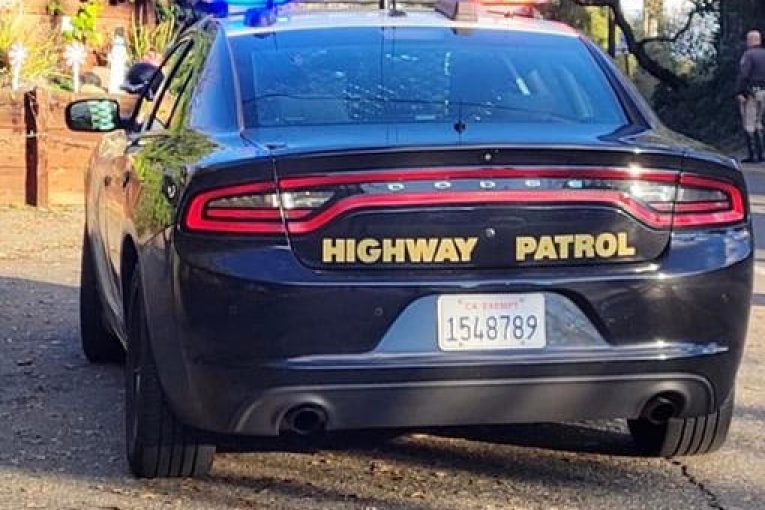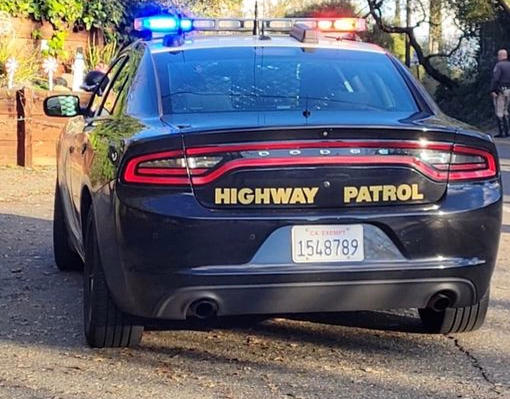
 By Robert J. Hansen
By Robert J. Hansen
Sacramento, CA – Last year Philadelphia passed the Driving Equity Act, becoming the first major city in the U.S. to ban low-level traffic stops.
Minneapolis Mayor Jacob Frey announced last August that the city attorney’s office will no longer pursue tickets against motorists except for “egregious driving behavior” or criminal activity.
These are some of the most significant changes in traffic enforcement made around the United States after the deaths of Dante Wright and Philando Castile, who both were shot and killed as a result of a traffic stop for minor violations.
Castile, a Black man, was pulled over in the Minneapolis-St. Paul area in 2016 for missing tail light and drew national attention to the enforcement of low-level traffic stops.
Former Minnesota police officer Kim Potter shot and killed Daunte Wright, a 20-year-old Black motorist after being pulled over for having expired license plate tags and an air freshener hanging from his  rearview mirror in April 2021.
rearview mirror in April 2021.
In Minneapolis, police now must articulate a legal reason to pull someone over, but the stated violation, or the pretext for the stop, doesn’t have to be the actual reason, Mary Moriarty, a former Hennepin County public defender told the Washington Post.
“If a cop wants to pull you over, they’re going to find a reason to do it,” Moriarty said.
She said the stops give police a chance to go on “fishing expeditions” and ask for consent to search the vehicle.
“If they have a legal basis, they can already search the car,” Moriarty told the Post. “When the police ask for consent to search, it’s because they don’t have a legal basis to do that.”
Moriarty says the practice is coercive and said many community members comply even if they know they can refuse because they fear the consequences of telling an officer no.
Philadelphia banned stops for driving with a single broken brake light or a single headlight, minor obstructions (like something hanging from a rearview mirror), driving without vehicle registration within 60 days of the observed infraction, and other registration-related violations.
Former NYC police officer and author of Police Brutality Matters, Joe Ested, would prefer laws meant for safety not be changed.
“Have you ever been driving behind somebody without brake lights? That’s a safety hazard,” Ested said. “Safety shouldn’t be compromised because you have officers that don’t follow the law.”
Ested blames bad policing for the problems with traffic enforcement and not holding it accountable.
“They want to do everything else except hold the officers accountable for bad policing so if they don’t want to hold officers accountable then yeah I’m with the removal because we need to save lives,” Ested said.
Deaths occurring as a result of traffic stops, like Dante Wright’s and Philando Castile’s are the result of bad policing according to Ested.
“The less contact you have with the civilian community, the less likely we are going to have these problematic stops,” Ested said.
Berkeley policy analyst Darrell Owens thinks police dedicating their time to traffic enforcement is a waste of time and resources.
“I agree with decriminalizing low-level traffic violations,” Owens said.
Police departments try to avoid looking like they are racial profiling by making non-suspicious, low-level traffic stops according to Owens.
“Then make a suspicious vehicle stop,” Owens said. “Just be honest about it. If you think that person is running guns in the community then that’s what you stop them for. We don’t need you [law enforcement] to muddle up traffic safety with policing.”
It also doesn’t work according to Owens.
“People genuinely think that police are there to keep the roads safer with traffic violations. No, they’re not. They’re there to do warrantless policing.”
Ested has one solution could be dashcam footage corroborating why a traffic stop was made could keep them more honest. Owens agrees that would take a lot of the confusion out of most situations.
According to Ested, few courts, if any, around the country do not require reasons for traffic stops to be corroborated by dashcam footage.
Owens spearheaded a proposal that would allow Berkeley to have unarmed officers enforce violations. Oakland and San Francisco are also considering the idea but the proposal is still being lobbied by state legislators.
California State Senate District 8 candidate Dave Jones says, if elected, he would support a pilot program that would allow certain cities to test the proposal.
“I think it’s worth exploring,” Jones said. “It’s useful for Berkeley to be exploring this and I would support a pilot project that would look at and see to what extent it reduces the incidents of injuries and fatalities in encounters with police.”
Jones said it would be useful to use a pilot program to see the results before any state legislation is required.
District 6 includes Elk Grove, Sacramento, West Sacramento, and other parts of Sacramento County.
Last month the NHTSA announced the release of nearly $260 million in highway safety grants to help states fund a broad array of traffic safety priorities.
"There's a crisis on our roadways.
3,000 people die every month. During the pandemic, it's gotten worse.
We would never tolerate this on any other mode of transportation, and we shouldn't here. @USDOT is launching a plan
"
— Secretary Pete Buttigieg (@SecretaryPete) January 27, 2022
Robert J Hansen is an investigative journalist and economist.

Right on!
There is no way Buttigieg is going to make a difference in national highway deaths. We’ve made huge strides with seat belts and air bags, but there’s little left to do on global safety, and we’re slipping in the lockdown era because people have gone nuts. These are individual incidents and millions of sites that you can’t control top down.
I feel Buttigieg’s proposal is all an end around in order to install stop light and speed cameras all over the country. They’re pushing it as safety because they know the people will balk at the idea of speed cameras everywhere they drive. You’ll get your ticket and fine in the mail.
We all saw how well that went in Davis — all the stoplight cameras were uninstalled. Getting pulled over by a cop is no picnic, but I sure as F don’t want machines sending me a $500-$1000 ticket in the mail with virtually no way to fight it or confirm it. There were all sorts of articles on technical problems with the stoplight cameras, and the court issues with fighting them. This is creepy big brother-ism creeping. I liked Buttigieg and voted for him in the primary (even though he’d already dropped out – #doh!#). His true colors are creeping through and he will never again have my support.
Actually, for the most part (there are exceptions), the cameras document “stupids”, but do little to prevent them.
When I see folk with brake lights, headlights “out”, if they happen to be going the same I am (so I’m not perceived as a ‘stalker’, I’ll gently let them know they have an equipment problem… I also suggest they remedy it before they get “pulled over”, unnecessarily… 99% of folk love that…
PSA… if you drive a car, have a friend and/or relative, walk about your car as you do the drill of headlights, tail-lights, turn signal lights… about every 6 months… and, another PSA: if one of a pair of lights fail, replace both… they are generally of the same ‘age’, replace both bulbs… THAT will make a difference in safety, AND will help avoid “un-warranted stops”…
Here’s an article of what Buttigieg’s plan truly is, but he’s trying to implelment it in the name of safety and equity. Never let a crisis go to waste.
Hey Pete, how about using the funds to actually fix the roads, infrastructure and potholes.
I wonder what progressives will do when equity-based speed robots disproportionately target disadvantaged groups?
Poor infrastructure and road systems are a leading cause to traffic accidents and fatalities. A Pro Publica report found cameras (in Chicago) were placed in areas that still disproportionately targeted lower income communities and people of color. Most importantly, cameras do not prevent a damn thing. That said, there are some who would prefer being mailed a ticket than an encounter with police.
The main point I wanted to highlight was police use traffic enforcement not for safety but to execute warrant less searches. Pull people over for suspicion of drugs and guns absolutely, but say it is for that instead of under the guise of traffic enforcement.
Philadelphia is one of the most dangerous cities in the country – not having anything to do with traffic enforcement (or the police).
https://en.wikipedia.org/wiki/Crime_in_Philadelphia